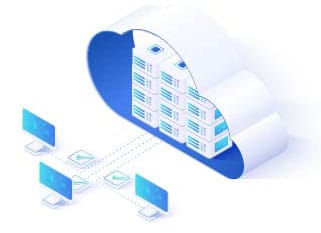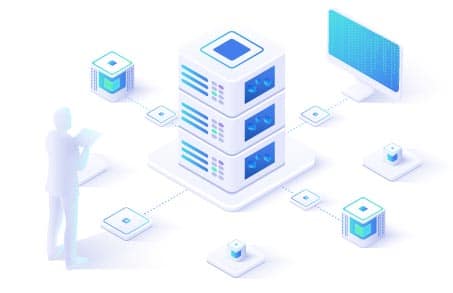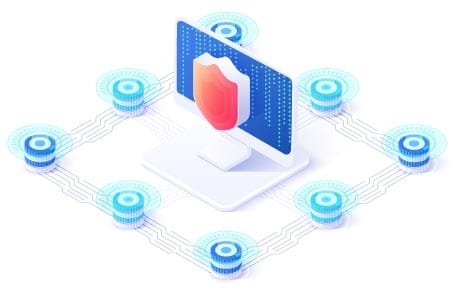It never fails. For every gain in technology there is always a matching specter of loss close by. For every capability, a hindrance. For every moment of celebration, a cause for regret.
There are currently spectacular advances in IT brought about by such technologies as virtualization and cloud computing. But together with them comes the potential, if not reality, of big security risks. Take the cloud, for example, and its accessibility to ubiquitous mobile devices such as tablets and smartphones.
The modern generation of workers love to carry their mobiles around and use them at work. Because these devices are designed to communicate easily with the cloud, a modern phenomenon is born: bring your own cloud (BYOC). BYOC is apparently a kind of extended version of a predecessor issue, bring your own device (BYOD). The worries created by BYOD centered on the carrying of laptops and thumb drives to work, saving company data in them, and return home with the saved data. The concerns on BYOC focalize on the power of mobile devices to remotely access and save business data in many ways with the help of cloud technology.
Unfortunately, BYOC has brought about polarization between Employee Productivity adherents and several mobile device owners in one “camp”, and business enterprises and IT security experts in another. The former support BYOC because they perceive its advantages to the workforce, while the latter reject it because of its serious security implications to business and personnel.
For pro-BYOC supporters, they see these bright spots: faster and more convenient way of conducting business, cost reduction, increase in employee productivity, stimulaton of independent thought/innovation through invigoration of coding and design, avoidance of time waste and exhaustion brought about by having to use duplicate tracking and development tools using pre-BYOC practices, and ability of personnel to use tools that support innovation which brings personal satisfaction.
For anti-BYOC supporters, they dread the dark spots. BYOC, they argue, poses a threat to system stability; it also blurs the demarcation between personal and business computing, thus introducing complications to corporate governance, risk management, and compliance with regulations mandated by government and industry. Security teams face potential or actual difficulty finding balance between enabling end users and maintaining compliance and security best practices.
Each of the opposing camps in the BYOC showdown has a good reason for adopting a particular view. The debate may go on indefinitely, but in the meantime the cloud is there waiting to be tapped through mobile devices. Just like Mother Nature’s cloud, the IT cloud can be bright or foreboding depending on the surrounding atmosphere. It’s up to the opposing parties to come together and think of ways to reap the cloud’s benefits to the maximum without running into occasions for regret.
m.tiggelaar
– Founder of Key4ce & FuseCP.
– More then 13 years of experience with Windows high availability and Microsoft Exchange.
– More then 13 years of experience with Linux and Unix.
– Open source enthusiast and a large contributor for multiple large Open Source projects.
My current main focus of attention is Geo-Clustering.

 Server deployment
Server deployment Server support
Server support Extended server support
Extended server support Managed servers
Managed servers